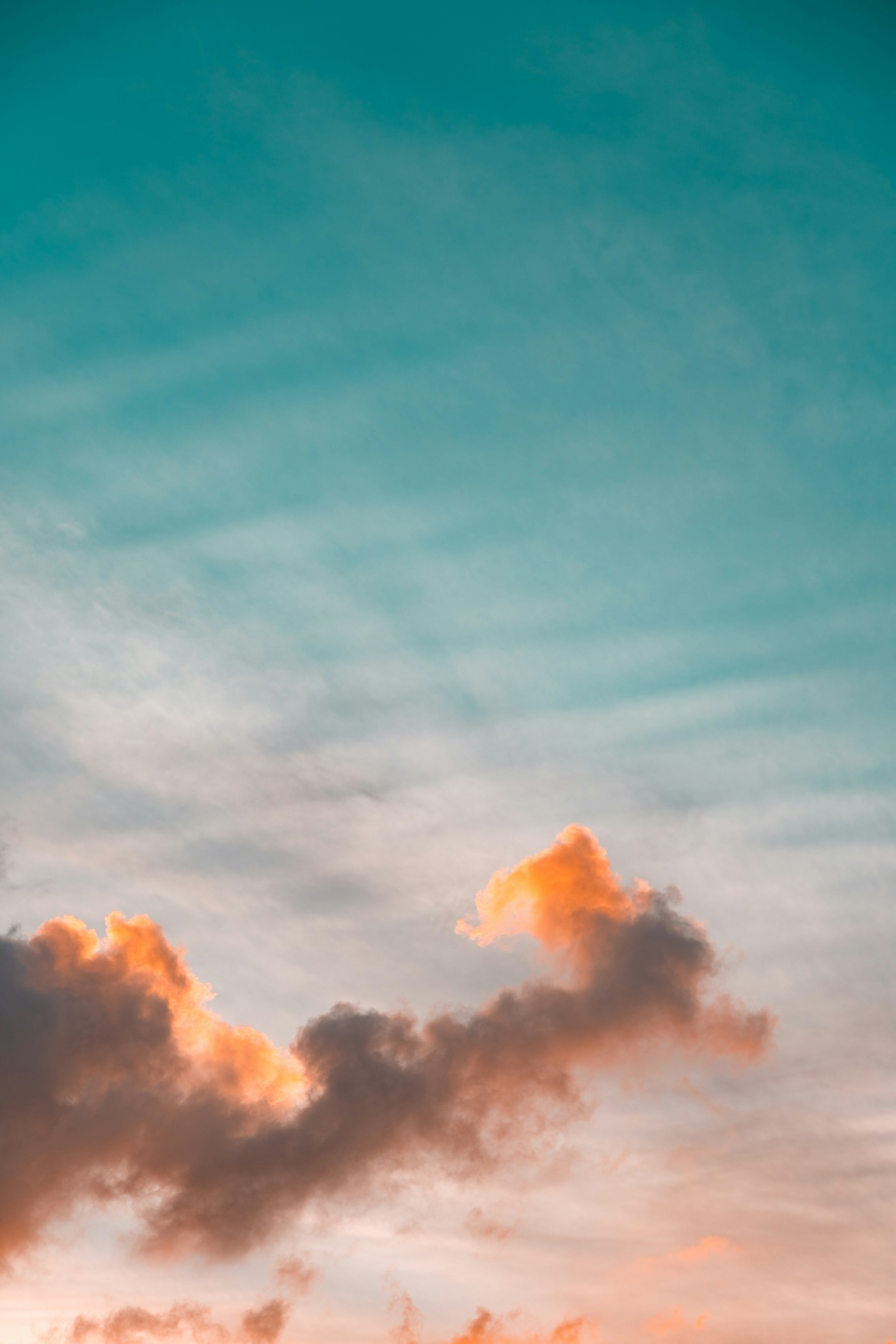Reflections and thoughts from Rabbi Howard Jacoby Ruben, Head of School, Jewish Community High School of the Bay [JCHS] in San Francisco, CA
Friday, September 4, 2020
Destructive Power of Being Anonymous (Ki Tavo 5780)
Friday, August 28, 2020
Nothing Artificial About Responsibility, Generosity, Empathy (Ki Teitzei 5780)
We’ve been away from our campus on Ellis Street for so long (this is the 25th Shabbat in a row since COVID19 moved us into our homes), it’s easy to overlook things that happened last March. One likely overlooked March 2020 headline headline announced a breakthrough in artificial intelligence. AI researchers in China and the United States finally bested real people on the benchmark used to measure sentence comprehension and sentence-pairing.
Seeing that headline triggered a vivid memory of my fourth grade teacher, Mrs. Gray, presenting our class with a very modern, machine looking box. As she set the big box on the table in front of her desk, she lifted the lid to reveal a set of illustrated story cards side by side with a range of color-coded question cards. It was called the SRA Reading Laboratory. Mrs. Gray said we’d be using it to deepen our 9-year old reading comprehension skills. I bet a lot of you used that or later versions of the SRA reading boxes.
I loved that SRA box. I could move at my own pace. I was competing just with myself. It was very growth-mindset oriented.
But -- and I share this part of the story because it is the season of reflecting on and assessing our past mistakes as we prepare for the new Jewish year that starts in three weeks -- I messed up. My 9-year old self began getting focused on moving through the box in order to look smart to Mrs. Gray and my classmates. Seeming smart on the outside became more important to me than being understanding what I was reading.
Friday, June 19, 2020
How to Find What We Are Seeking This Summer (Shelach 5780)
The great scouting mission of Torah, however, fails to confirm the promises. Instead a huge majority of the scouts return from their mission terrorizing the generation of the Exodus about what perils await across the border. Their fear is so crushing they wish themselves dead, erased, zeroed out. Because of this botched scouting report our ancestors are set to wandering in the wilderness as punishment -- one year for every day of that failed 40-day mission.
Monday, June 15, 2020
Lifting Your Light (Graduation 2020 and Behaalot'cha 5780)
As each of us comes to this screen this afternoon our hearts are filled: with distress over the sadness and anger gripping our country because of the murder of people because of the color of their skin; with anxiety growing out of a worldwide pandemic along with its impact on each of our homes; with pride for this special class; with gratitude for our professional community; with the joy of completion; and with deep memories of those among our families and dear friends whose recent or long ago deaths are still with us. We take a quiet moment now for each of us to catch our breath and bring all that distress, anxiety, pride, gratitude, joy, and loss to mind. ...
The Talmud teaches us in Bava Batra that when we build a new home, we leave a small patch of it unpainted or incomplete as a reminder that nothing in the work of our hands can be entirely perfect or complete. How true! So remember, as we build together this Commencement 2020 online, even if there are glitches or stumbles on screen or at home, we are all doing our best to celebrate the special Class of 2020.
Monday, June 1, 2020
Turning Our Head to See: We Cannot Look Away Any Longer (Naso 5780)
 |
| Photo by Santiago Mejia for SF Chronicle 5/31/20 |
Friday, January 17, 2020
Gratitude: The Path to Serenity (Shemot 5780)
 |
| Santa Monica beach at sunset |



